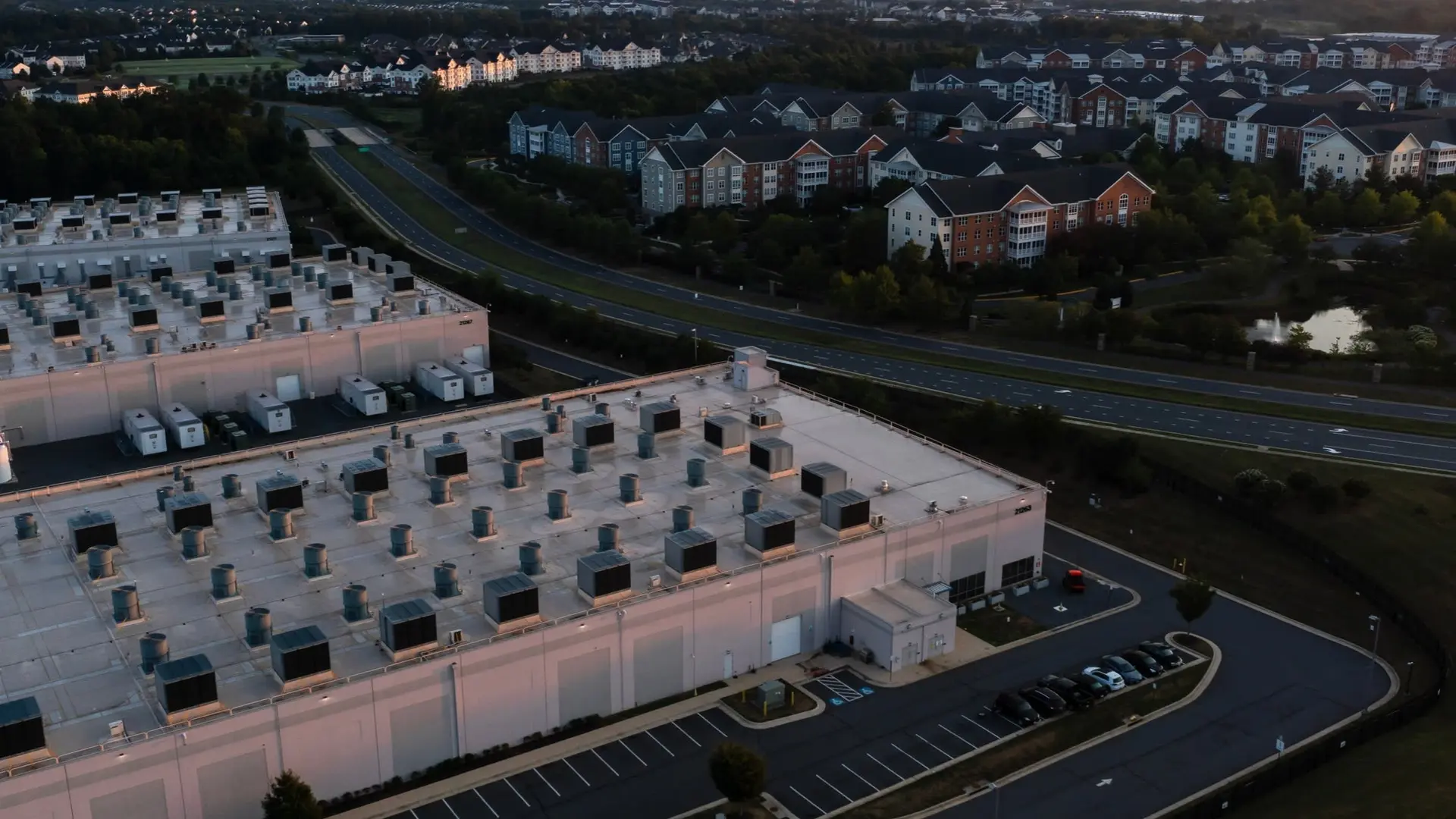Japan is signalling a continued reliance on liquefied natural gas (LNG) beyond its 2050 net-zero emissions target. This move is driven by the increasing energy demands of artificial intelligence and data centres. Despite a previous decline in LNG imports due to reactivated nuclear plants and renewable energy sources, the surge in power consumption from data centres is changing the energy landscape.
Japan's Ministry of Economy, Trade and Industry (METI) forecasts that LNG demand could rise to 74 million tons by 2040 if decarbonisation efforts fall short. The country's new energy plan encourages public-private partnerships to secure long-term LNG contracts, addressing concerns about price volatility and supply disruptions. This strategy includes gas-fired capacity auctions to replace ageing coal plants, with LNG-fired capacity projected to increase significantly by 2034. The rising costs of alternative fuels like hydrogen and ammonia are also contributing to the renewed focus on LNG.
To meet the escalating energy needs of AI and cloud computing, Japan is exploring innovative solutions such as offshore floating data centres powered by renewable energy. These initiatives aim to expand data processing capacity while minimising strain on land and existing power grids. This multi-faceted approach reflects Japan's commitment to maintaining a stable energy supply while pursuing its technological and environmental goals.




